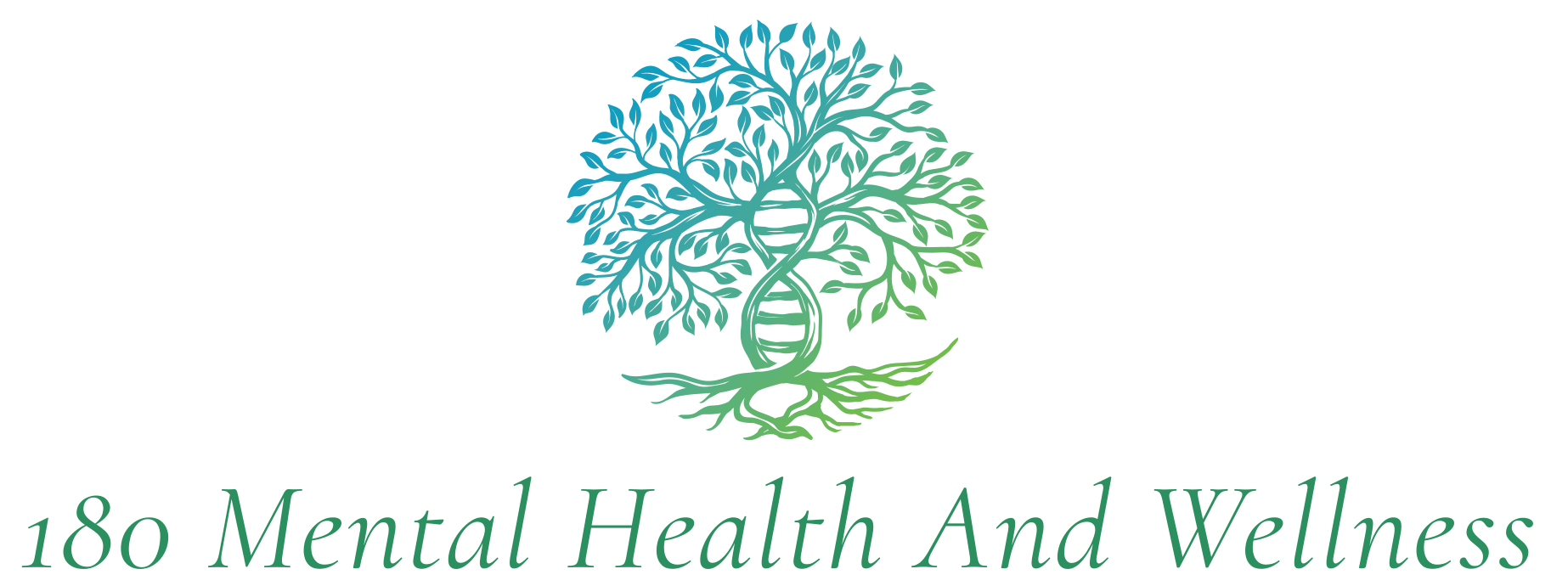Eating disorders are mental health issues that impact millions of people around the world, including Americans. These conditions can cause not only emotional problems but also serious physical health issues if they aren’t treated properly. One of the best ways to help people who are dealing with eating disorders is through a type of talk therapy called psychotherapy. Psychotherapy provides a safe space where individuals can talk about their feelings, thoughts, and struggles without judgment.
In this blog, we will explore how psychotherapy can help people heal from eating disorders. We will look at the different types of therapy available and how they can support individuals on their journey to recovery.
Understanding Eating Disorders
Eating disorders are serious mental health issues that can have harmful effects on both the body and emotions. They often involve an unhealthy relationship with food and how someone sees their body and their weight.
Common Types of Eating Disorders
Eating disorders involve unhealthy eating habits and can be very serious. Some common types include:
- Anorexia nervosa: Individuals with this type of disorder eat very little and are extremely afraid of gaining weight.
- Bulimia nervosa: This eating disorder involves binge eating (eating a lot of food in a short time) and then purging (getting rid of the food) to avoid gaining weight.
- Binge-eating disorder: This is when an individual regularly eats large amounts of food without purging afterward.
Each eating disorder has its own challenges, but they all come from unhealthy eating patterns that can seriously affect both physical and emotional health.
Symptoms and Warning Signs
Eating disorders can show up in individuals in different ways, but some common signs include:
- Big weight changes
- Always thinking about food
- Harmful habits like over-exercising or throwing up after eating
Spotting these signs early can help the person suffering from the eating disorder get the help they need.
The Impact on Mental and Physical Health
Eating disorders can severely impact both your mind and body. They can make you feel anxious, sad, and lonely. On the physical side, they can cause problems like not getting enough nutrition, heart issues, and other serious health concerns.
What is Psychotherapy?
Psychotherapy, or “talk therapy,” is a way that mental health professionals help people understand and change their behaviors. It involves talking to a trained mental health provider about your thoughts, feelings, and actions. This can help you find better ways to handle your problems.
Different Types of Psychotherapy
There are several types of psychotherapy, each helping in different ways. Some common forms include cognitive-behavioral therapy (CBT), dialectical behavior therapy (DBT), and client-centered psychotherapy. These methods aim to meet the unique needs of each person.
How Psychotherapy Works
Psychotherapy sessions usually last about an hour and happen regularly, such as once a week. During these sessions, the mental health provider and patient talk about different parts of the client’s life, especially areas causing stress.
The goal is to figure out negative patterns and replace them with healthier habits.
The Role of Psychotherapy in Healing Eating Disorders
Psychotherapy is a type of talking therapy where a patient can share their feelings and thoughts in a safe space. When someone has an eating disorder, they might struggle with what they eat or how they see their body.
Psychotherapy helps the patient figure out why they feel this way and teaches them healthier ways to cope with their emotions.
Cognitive-Behavioral Therapy (CBT)
Cognitive-behavioral therapy, or CBT, is one of the best treatments for eating disorders. This type of therapy focuses on changing negative thoughts and behaviors about food and body.
For example, if someone often thinks they are not good enough because of their weight, CBT helps them challenge that thought. It encourages them to replace harmful beliefs about food and their body with positive ones.
This way, they can start to have a healthier and more positive view of themselves.
Client-Centered Psychotherapy
Client-centered psychotherapy is a more personal approach. In this type of therapy, the mental health provider shows a lot of empathy and respect for the client. This means they listen carefully and make the client feel valued and understood.
Because of this supportive environment, clients can work on accepting themselves and growing as individuals. It helps them feel more confident and comfortable in their own skin.
Psychotherapy in Phoenix, AZ
If you or someone you know is struggling with an eating disorder, it’s really important to ask for help. At 180 Mental Health and Wellness, we know that everyone’s journey is different and needs special support.
Our team of caring professionals is here to provide effective treatment options, including psychotherapy, designed just for you.
To learn more about psychotherapy or to set up an appointment, call us today at (480) 863-5250 or use our online form to schedule a visit. We look forward to helping you!

